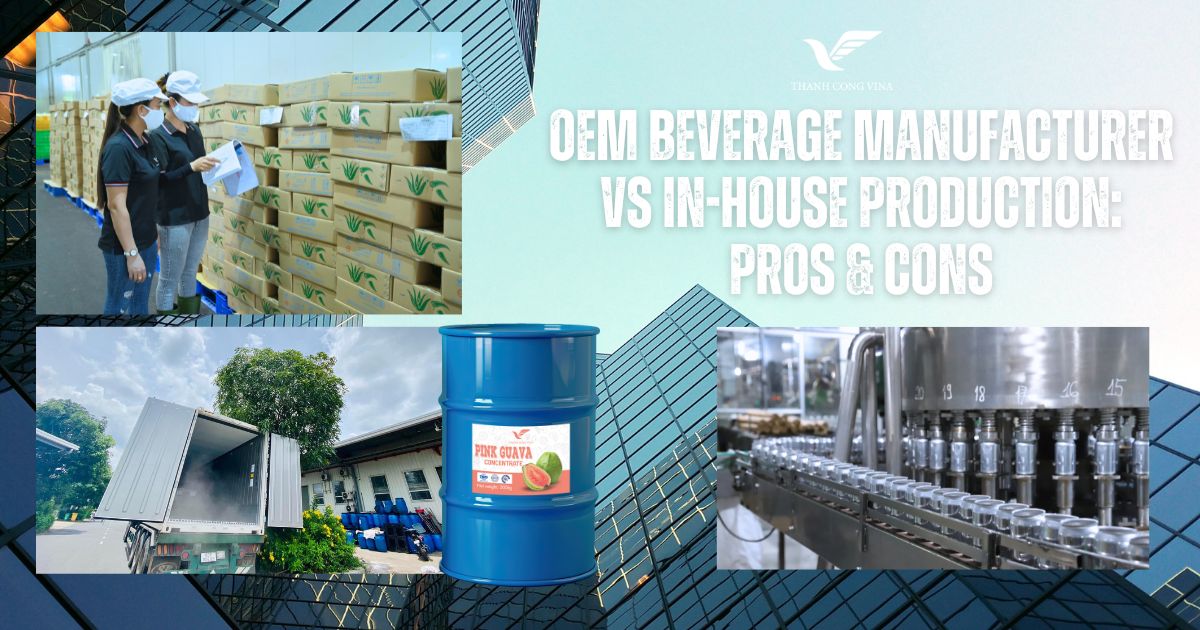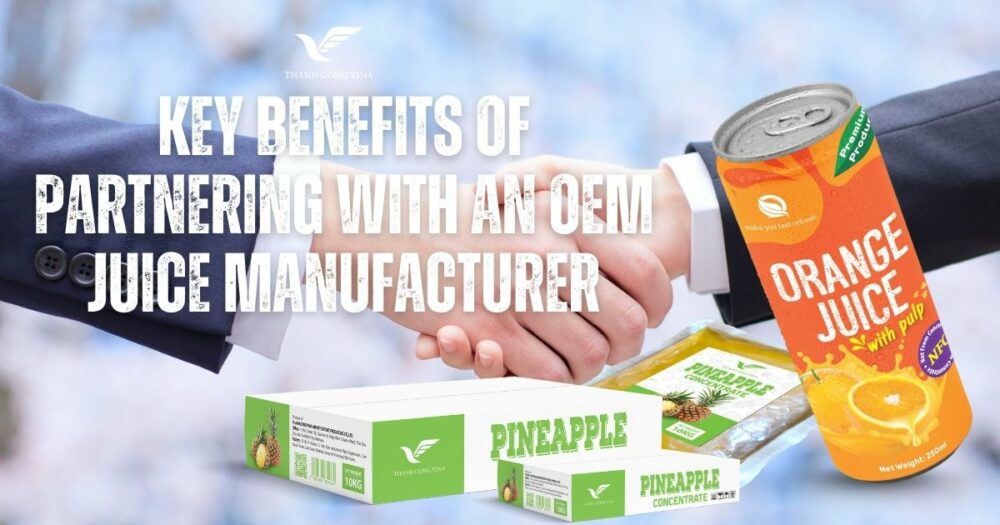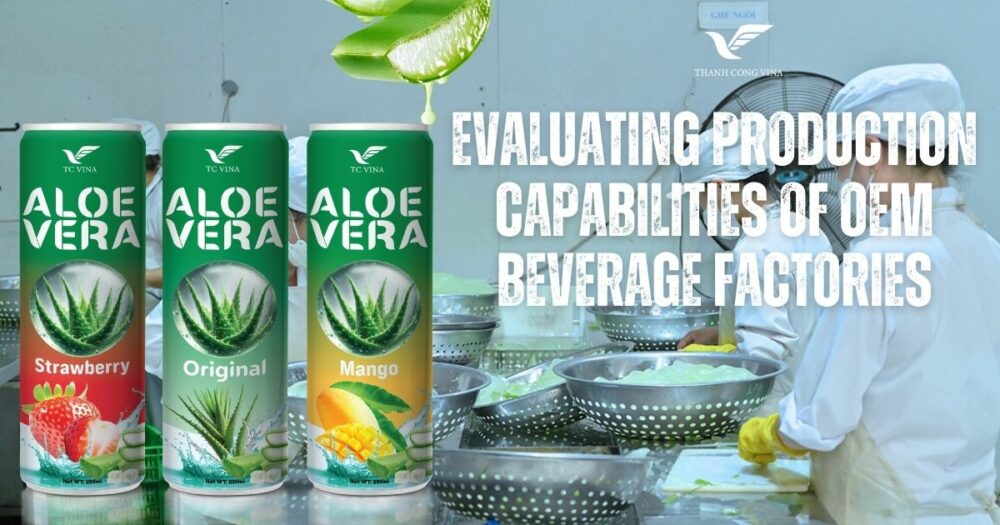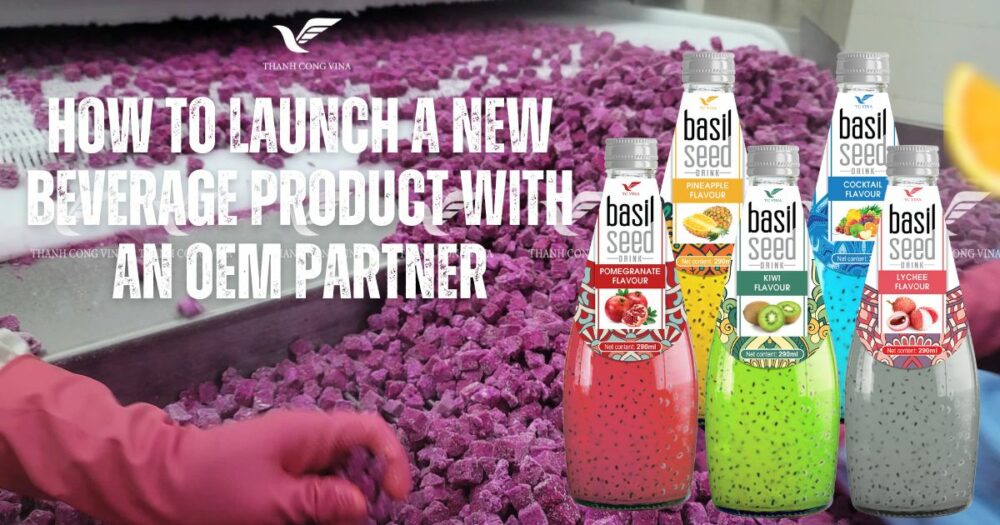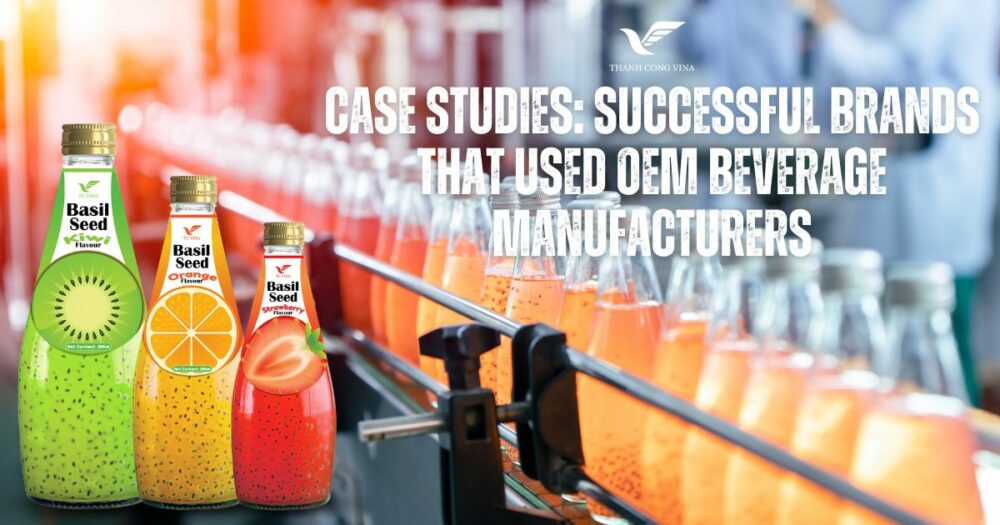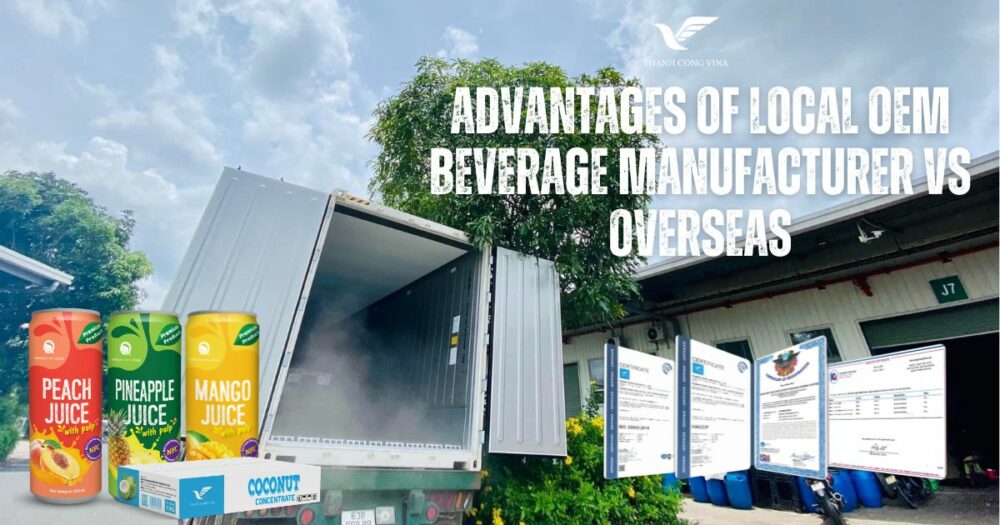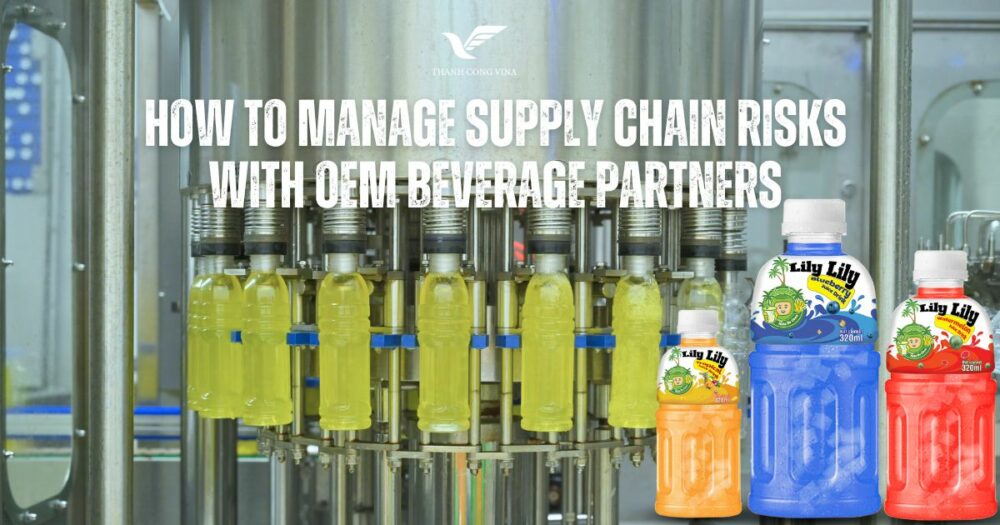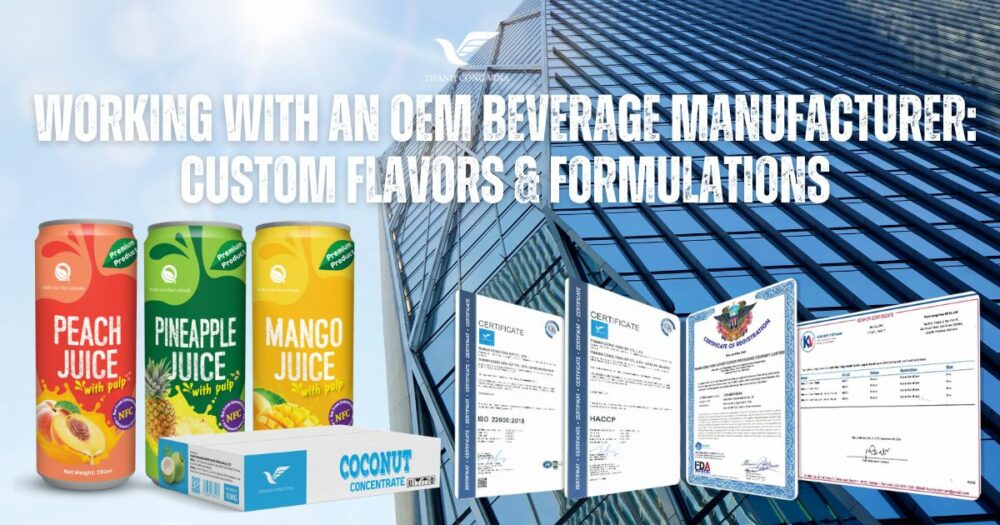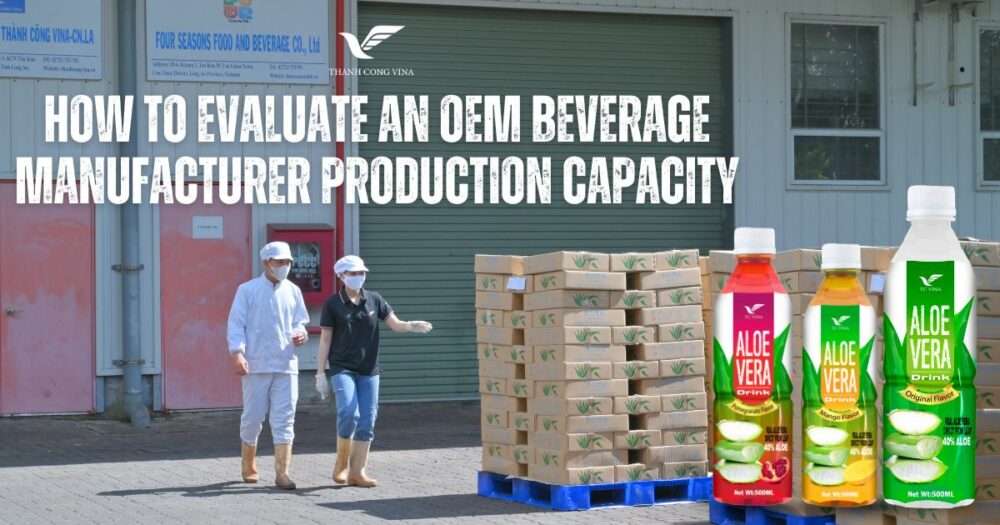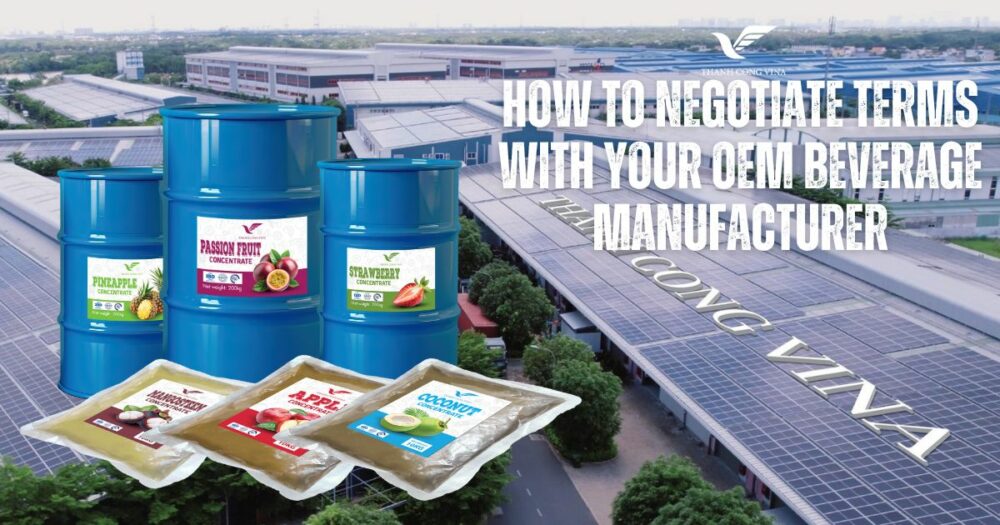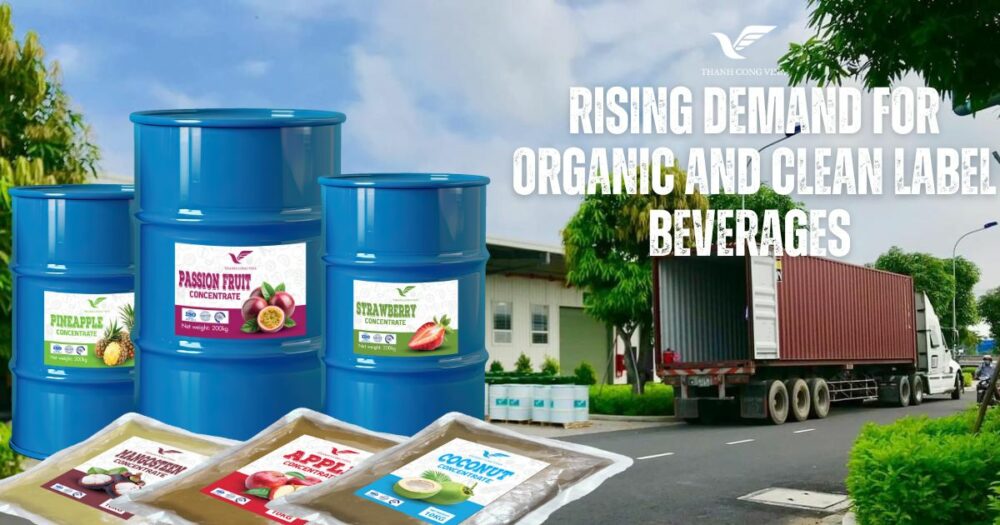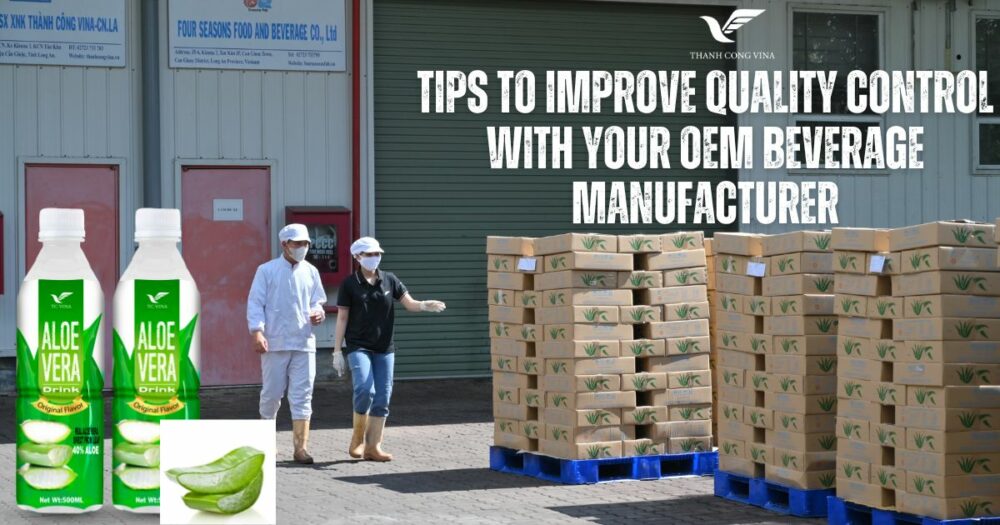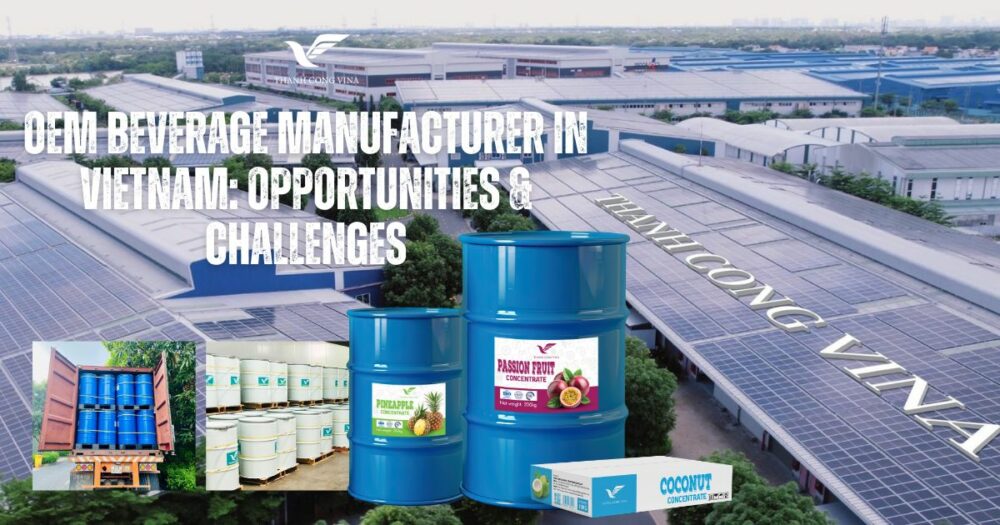In the fast-paced world of the beverage industry, brands face a crucial decision when launching or scaling their products—whether to produce in-house or partner with an OEM Beverage Manufacturer. Each approach comes with unique advantages and challenges that can significantly impact production efficiency, costs, quality, and long-term brand success. In-house production offers complete control and flexibility, while OEM manufacturing provides access to expertise, scalability, and reduced operational risk. Choosing between these two models requires a deep understanding of your business goals, resources, and target markets. In this comprehensive guide, we’ll explore the pros and cons of both OEM manufacturing and in-house beverage production, analyzing which strategy best fits your brand’s needs. By the end, you’ll have the insights needed to make an informed decision that balances quality, cost, and growth potential for your beverage business.
1. Understanding OEM Beverage Manufacturing

Understanding OEM Beverage Manufacturing
What Is an OEM Beverage Manufacturer?
An OEM Beverage Manufacturer (Original Equipment Manufacturer) is a specialized company that produces beverages based on another brand’s formulation and specifications. This includes everything from sourcing raw ingredients to bottling, packaging, and labeling the final product. Many successful beverage brands rely on OEM manufacturers because they offer professional-grade equipment, experienced staff, and efficient production lines—all without requiring brands to invest heavily in their own facilities.
Why OEM Manufacturing Is Popular in the Beverage Industry
OEM manufacturing has become increasingly popular due to its flexibility and scalability. Startups and established brands alike can leverage OEM partnerships to quickly test new products, enter international markets, or expand production capacity without the burden of managing factories or compliance issues. With an OEM partner handling the technical aspects, brands can focus on marketing, distribution, and customer engagement.
2. The Concept of In-House Beverage Production
What Does In-House Production Mean?
In-house beverage production refers to creating and packaging beverages within a company’s own facilities. This approach gives complete control over the production process—from formulation and quality assurance to packaging and distribution. Companies that prioritize brand uniqueness, proprietary recipes, or specialized quality standards often choose in-house production to maintain tight control over every step.
Who Should Consider In-House Production?
In-house manufacturing is best suited for large-scale companies with strong financial backing, established operations, and long-term production plans. These businesses can afford the high initial investment in equipment, staffing, and maintenance. However, smaller brands often find the setup costs and regulatory requirements too demanding, making OEM manufacturing a more practical choice for early stages.
3. The Pros of Working with an OEM Beverage Manufacturer

The Pros of Working with an OEM Beverage Manufacturer
Cost Efficiency and Lower Investment Risks
One of the biggest advantages of partnering with an OEM manufacturer is cost savings. Building your own facility requires substantial capital for equipment, staffing, and compliance certification. By outsourcing production, you only pay for what you need—reducing upfront costs and financial risk. OEM partners already have modern production lines, allowing you to launch faster and scale efficiently.
Access to Expertise and Advanced Technology
OEM manufacturers specialize in beverage production. They have experienced technicians, food scientists, and R&D teams who ensure that your beverages meet international standards. They also have access to state-of-the-art equipment and processes like aseptic filling, pasteurization, or cold-pressing, improving both safety and product longevity.
Scalability and Speed to Market
Partnering with an OEM manufacturer lets you adjust production volumes based on demand. Whether launching a pilot batch or scaling for mass production, OEM facilities are designed for flexibility. This agility helps brands meet seasonal trends, test new flavors, and respond quickly to market opportunities.
4. The Pros of In-House Production
Full Control Over Quality and Process
Owning your production line gives complete control over every stage—from sourcing to bottling. This ensures product consistency, traceability, and the ability to experiment with new formulations at will. It’s ideal for brands that want to maintain strict proprietary recipes or unique product innovations.
Greater Brand Independence
With in-house facilities, your brand isn’t tied to an external manufacturer’s capacity or schedules. You can manage production timelines, customize formulas freely, and avoid potential confidentiality concerns. This autonomy strengthens brand identity and product differentiation in competitive markets.
Long-Term Cost Efficiency for Large Volumes
While the initial investment is high, long-term operations can become cost-effective once production volumes reach significant levels. For established brands with continuous demand, in-house manufacturing can reduce per-unit costs and increase overall profitability.
5. The Cons of OEM Beverage Manufacturing

The Cons of OEM Beverage Manufacturing
Limited Production Control
When working with an OEM Beverage Manufacturer, you must rely on their processes and quality assurance systems. Although most professional OEMs maintain strict standards, some brands may feel disconnected from daily operations. Ensuring consistent communication and monitoring is essential.
Risk of Overdependence
Depending entirely on an OEM manufacturer can be risky if they face capacity constraints, delays, or changes in pricing. Diversifying your OEM partnerships or maintaining backup suppliers can help mitigate such risks.
Confidentiality Concerns
Since OEMs handle your product formulations, recipe confidentiality is crucial. Always ensure that non-disclosure agreements (NDAs) are in place to protect intellectual property and prevent replication of your products.
6. The Cons of In-House Beverage Production
High Startup and Maintenance Costs
Building your own production facility requires millions in initial investment for equipment, labor, and regulatory compliance. Ongoing maintenance, energy costs, and staff training also add to the financial burden, making it difficult for small or mid-sized businesses to sustain.
Slower Scalability
Unlike OEM production, scaling operations in-house involves purchasing new machinery, expanding space, and hiring additional staff. This can limit your brand’s ability to respond quickly to sudden spikes in demand or global market expansion opportunities.
Regulatory and Compliance Challenges
Food and beverage production must meet strict national and international safety standards. Maintaining consistent compliance—especially across multiple markets—can be time-consuming and complex without specialized expertise.
7. Comparing OEM Manufacturing and In-House Production
Key Comparison Factors
| Aspect | OEM Beverage Manufacturer | In-House Production |
|---|---|---|
| Initial Investment | Low | High |
| Speed to Market | Fast | Moderate to Slow |
| Scalability | Flexible | Limited |
| Quality Control | Shared Responsibility | Full Control |
| Innovation Capability | High (R&D Support) | High (Internal Teams) |
| Confidentiality Risk | Moderate | Low |
| Operational Control | Partial | Full |
Which Is Right for You?
If your brand prioritizes speed, flexibility, and cost efficiency, OEM manufacturing is the smarter choice. However, if you value independence, control, and innovation, in-house production might be the better long-term strategy. Many successful beverage companies even adopt a hybrid model—starting with OEM partners and later transitioning to in-house production once demand stabilizes.
8. How to Choose the Right OEM Beverage Manufacturer

How to Choose the Right OEM Beverage Manufacturer
Evaluate Quality and Certifications
When selecting an OEM Beverage Manufacturer, check for certifications such as HACCP, ISO 22000, FDA approval, and GMP compliance. These ensure your products meet international safety and hygiene standards.
Assess R&D and Customization Capabilities
Choose a partner with an R&D team that can develop new flavors, adjust formulations, and support innovation. A good OEM will help refine your beverage concept to match consumer preferences and regulatory requirements.
Transparency and Communication
Reliable OEM partners maintain open communication, provide clear cost breakdowns, and offer production updates. Regular audits, sample testing, and performance reports help maintain trust and product consistency.
Conclusion
Deciding between in-house production and partnering with an OEM Beverage Manufacturer depends on your brand’s goals, resources, and market strategy. OEM manufacturing offers speed, flexibility, and reduced financial risk, making it ideal for startups and growing brands. In contrast, in-house production provides full control and independence—better suited for established companies with large-scale demand.
For businesses seeking a trusted OEM partner with global expertise, Thanh Cong Vina IEP CO., LTD stands out as a leader in beverage manufacturing and export. With advanced production technology, strict quality control, and customized solutions, TCVina helps brands bring their beverage visions to life—from concept development to final bottling. Their commitment to quality and innovation ensures that every product meets international standards while maintaining the unique identity of your brand. Partnering with Thanh Cong Vina is your gateway to global beverage success.
See More:
How to Choose the Right OEM Beverage Manufacturer for Your Brand

